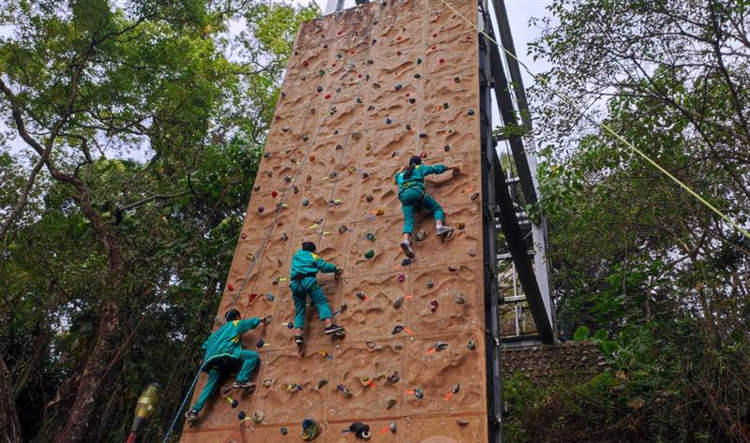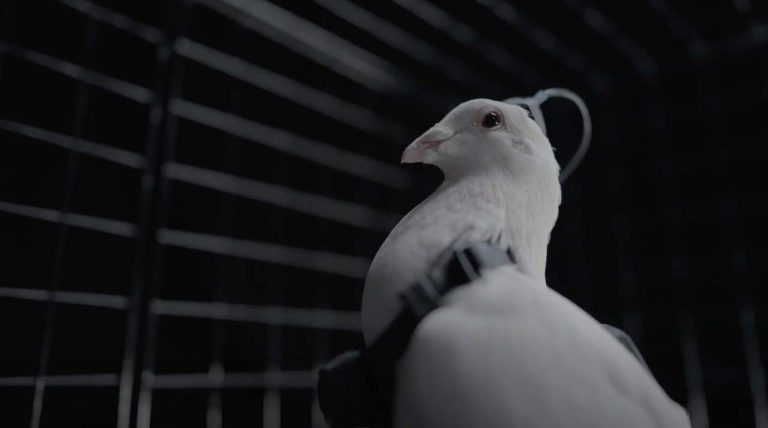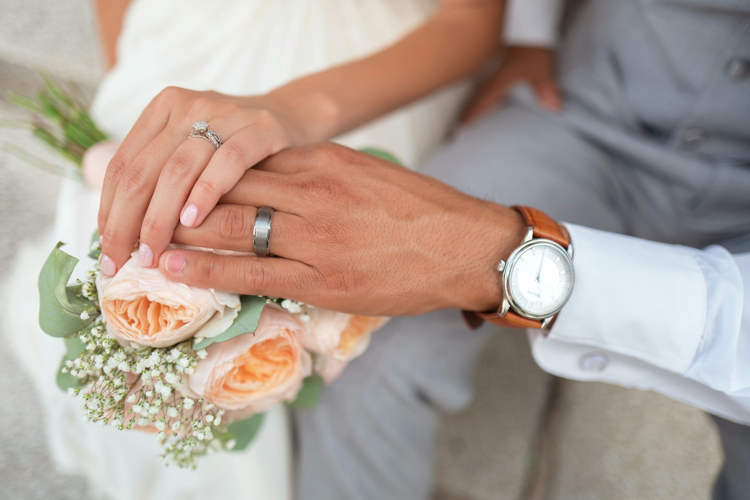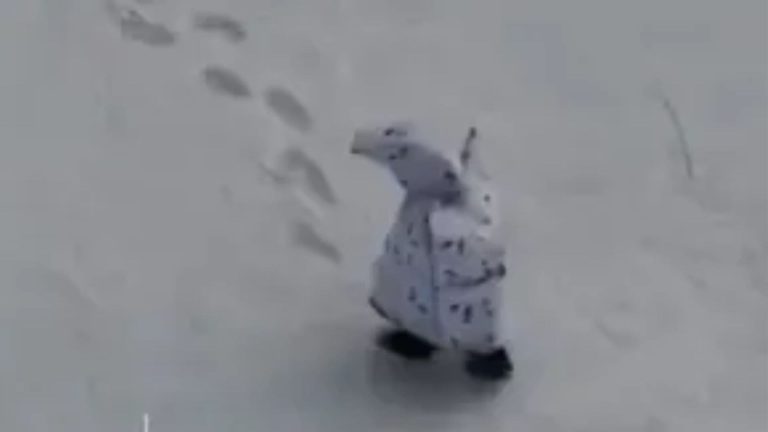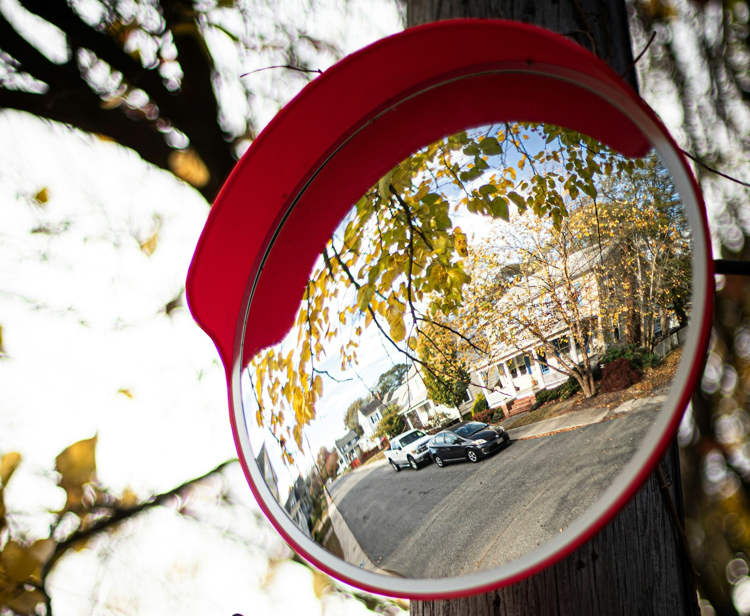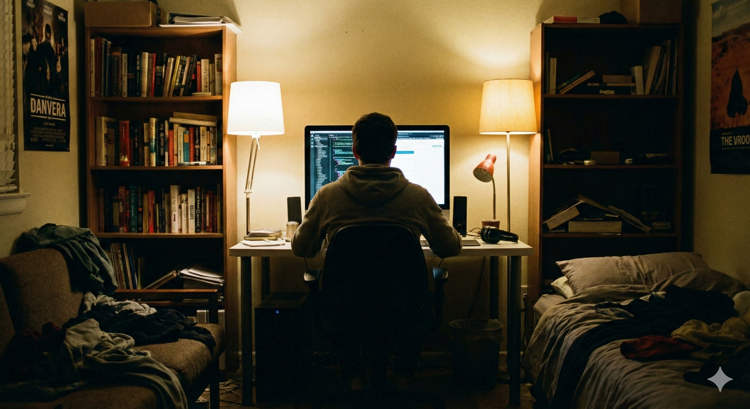At first glance, Bella Devyatkina, from Moscow, Russia, is your typical carefree, playful four-year-old, but ask her a question in Russian, English, French, Spanish, German, Chinese or Arabic, and you will be shocked by her articulate response.
Bella made headlines in Russia a few days ago, when she appeared on a TV talent show, where she spoke seven different languages without a prominent accent, stunning both the judges and millions of viewers. Since then, a YouTube video of her performance went viral online, transforming the four-year-old polyglot into on overnight internet celebrity. She has since been invited to appear on a variety of television programs where moderators and other guests conversed with her in several of the seven languages she is fluent in, and she always understood their questions and answered accordingly.
So how does a four-year-old girl learn so many languages in such a short period of time, when most people spend years struggling to become fluent in just one foreign language. Bella’s mother, Yulia, said that she and her father started teaching her English when she was just two years old, and after noticing her interest in the language and the ease with which she picked up everything, they decided to gradually adding more languages to her schedule. They hired native tutors for each new language, and by the time she was three and a half years old, she was already speaking two languages. She mastered two more, in the next six months.
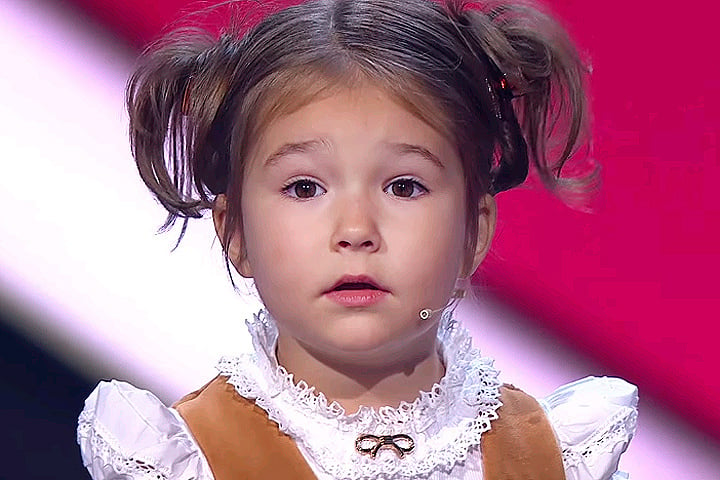
Photo: video screengrab
Bella Devyatkina’s language skills were put to the test on the Russian television talent show ‘Incredible People’, where she had to answer questions in English, French, Spanish, German, Chinese and Arabic. She passed the test with flying colors, proving that she either can really understand all these foreign languages, or she has the best memory of any four-year-old, allowing her to memorize all the answers.
Yulia Devyatkina claims that Bella now spends about six hours every day studying foreign languages, from 10 in the morning to 1 p.m. and again from 5 p.m. to 8 in the evening. Upon hearing this, many people have accused her parents of stripping her of her childhood, but they insist that the classes are all structured as fun games that she genuinely enjoys. As far as Bella is concerned, she is playing, not studying.
But while most of the world has been shocked by the young girls ability to speak six foreign languages, Russian neuropsychologist Anna Semenovich reminds us that in 19th century Russia, speaking several foreign languages was common for children of royal families.
“In pre-revolutionary Russia, if a child from a noble family couldn’t speak three-four languages by the age of five or six, it was a shame to take him out. Then in school Latin and ancient Greek were added to those. So five-six languages were a standard package for an educated youth back in 19th-century Russia,” Semenovich told Komsomolskaya Pravda.
The neuropsychologist says that we can only say that Bella Devyatkina has some truly special abilities in 15-20 years. She gave musical prodigies as an example. Some children possess remarkable hearing and singing ability, but they lose them as they grow older. Either their voices change, or they simply lose interest in music. Semenovich claims that a lot of work is required for these kids to reach their full potential, as well as favorable conditions, like talented teachers, a creative environment and an atmosphere of love and support. “I want to wish this girl good luck, but the public needs to understand that the path to true genius is a thorny one. That’s why most prodigies don’t reach their full potential,” she concluded.
Still, many argue that the fact that Bella has managed to become fluent in languages belonging to three different groups: Indo-European (Russian, French, English, Spanish, German), Semitic (Arabic) and Sino-Tibetan (Chinese), which means they are very different and lack structural similarities, is simply mind-blowing.


